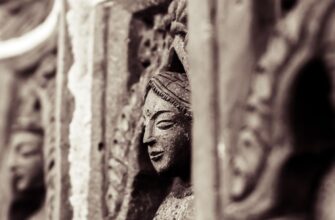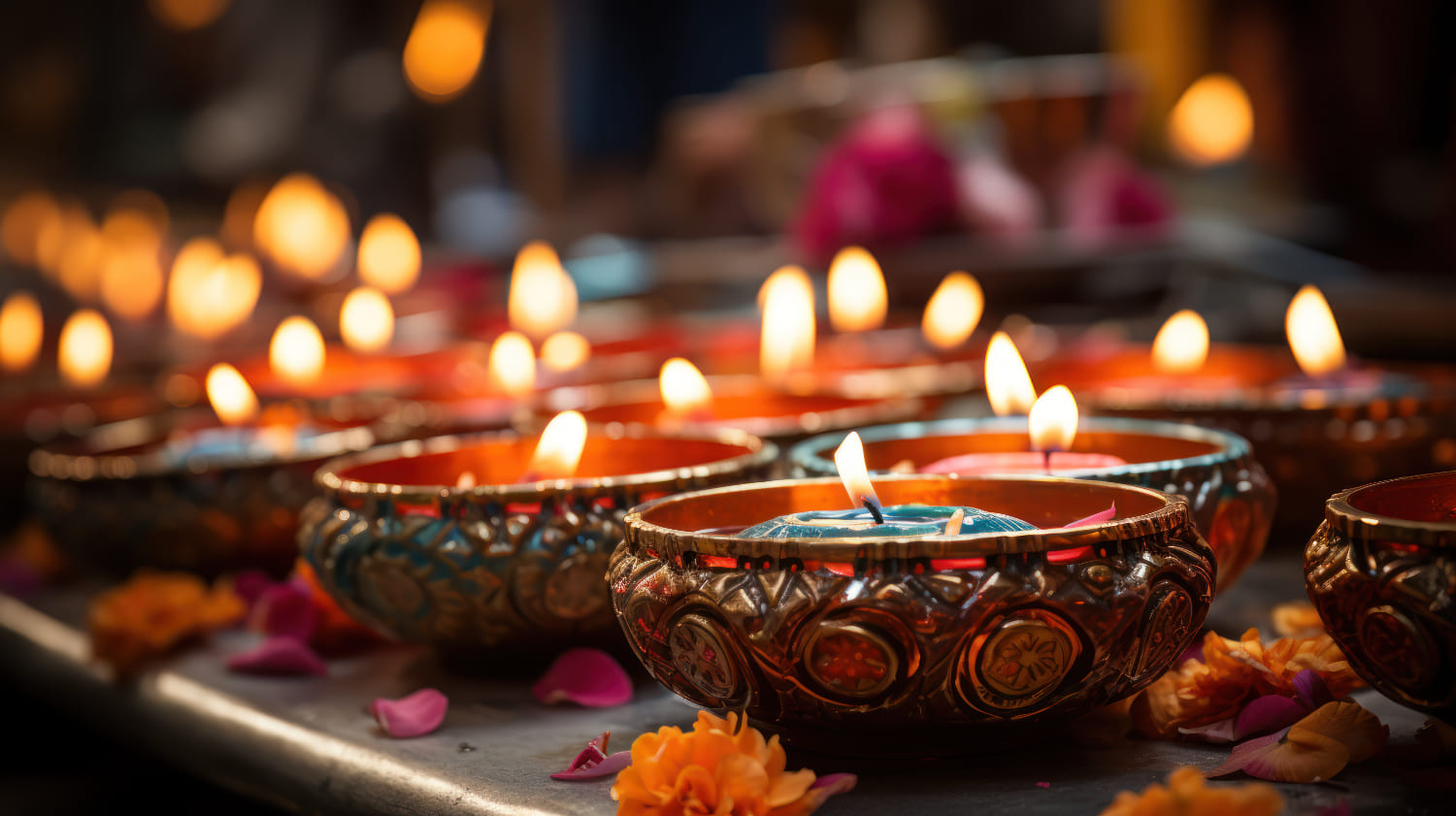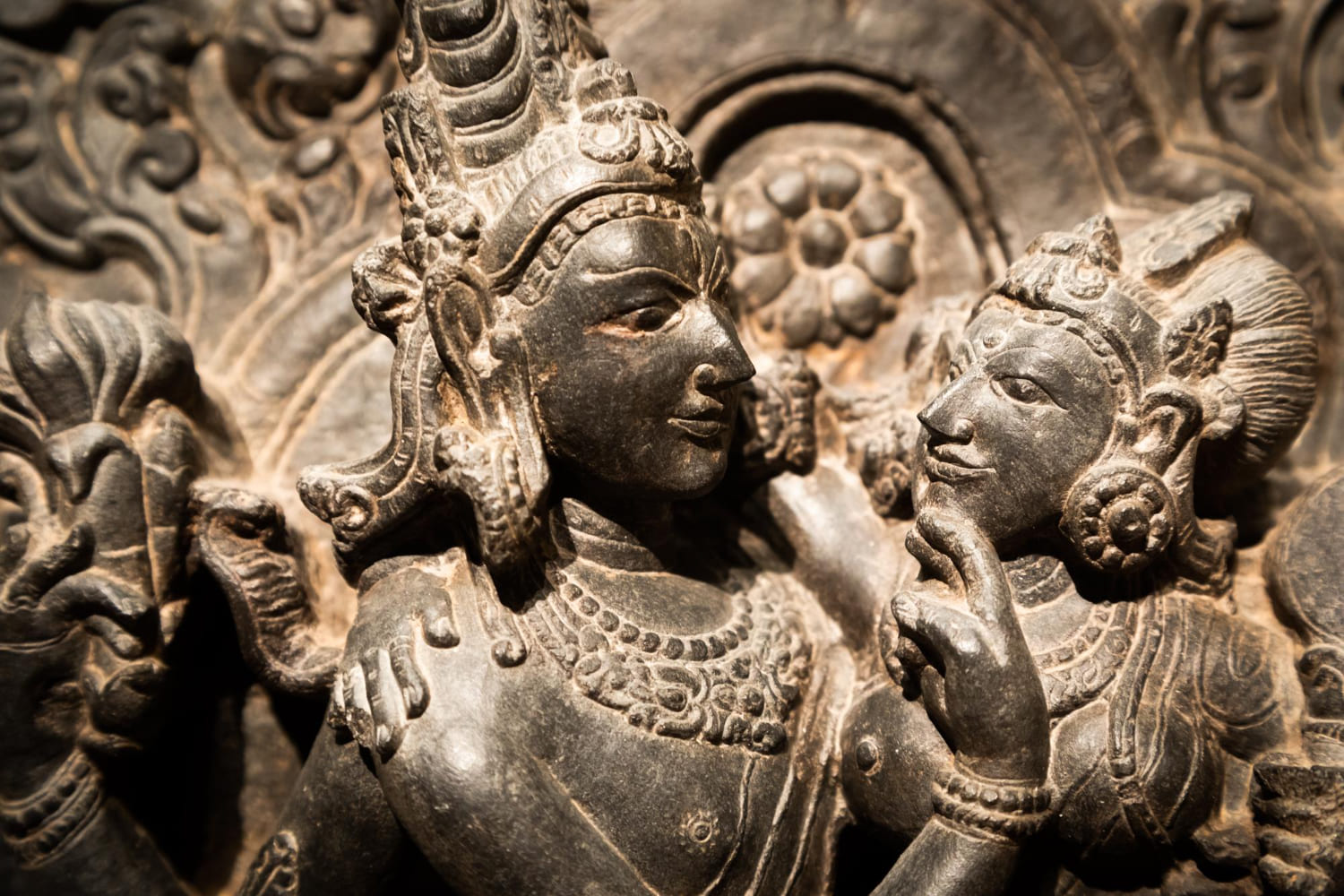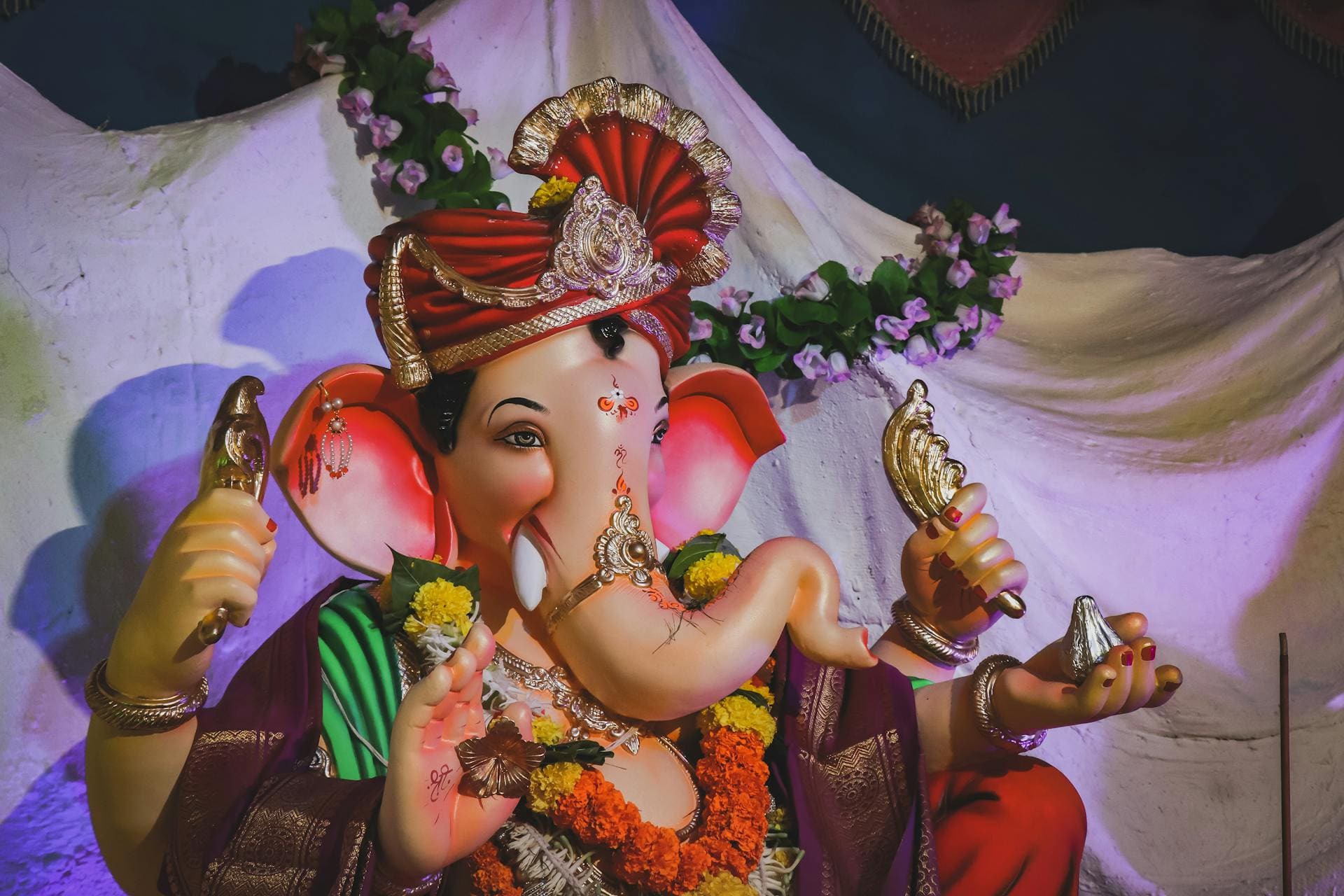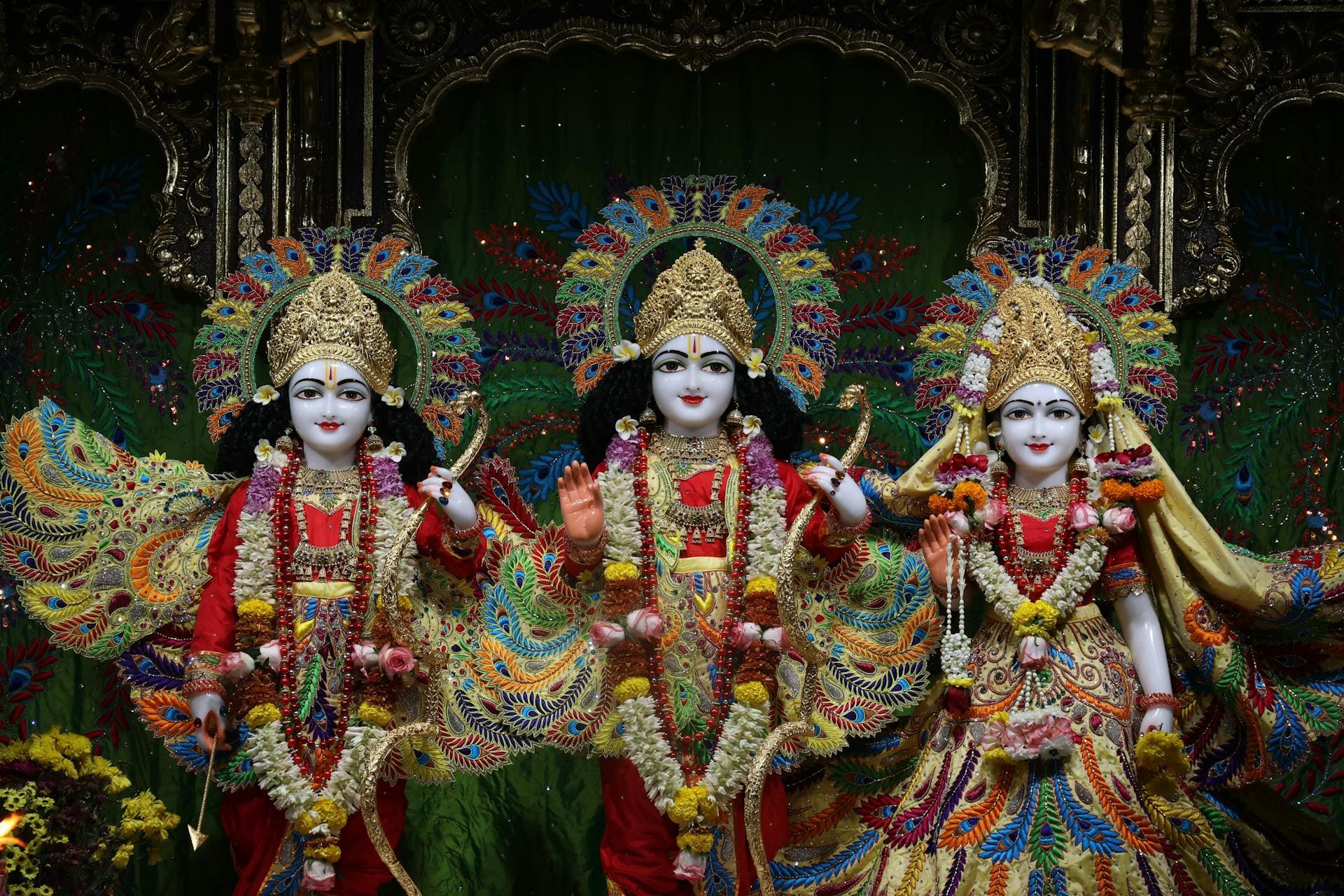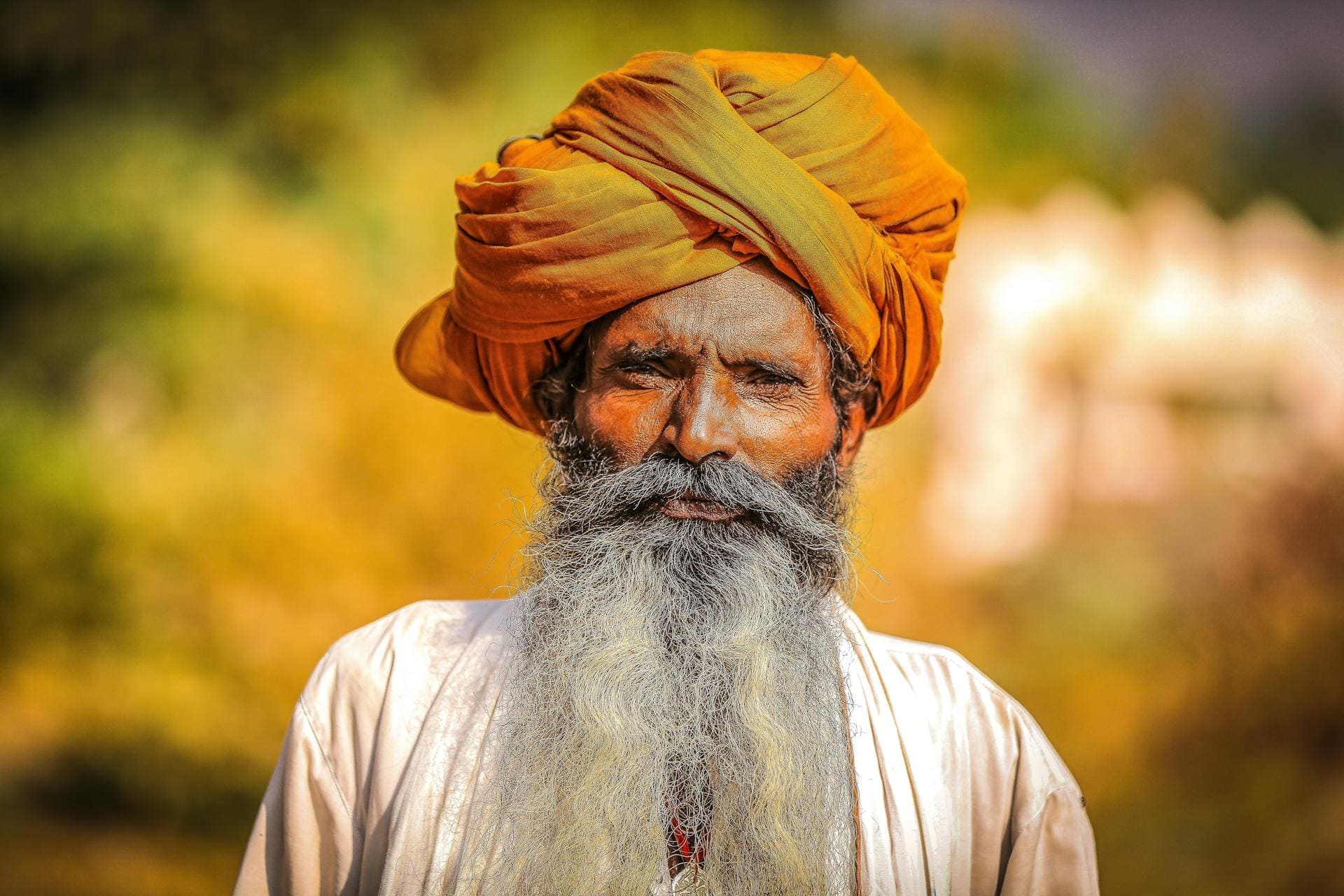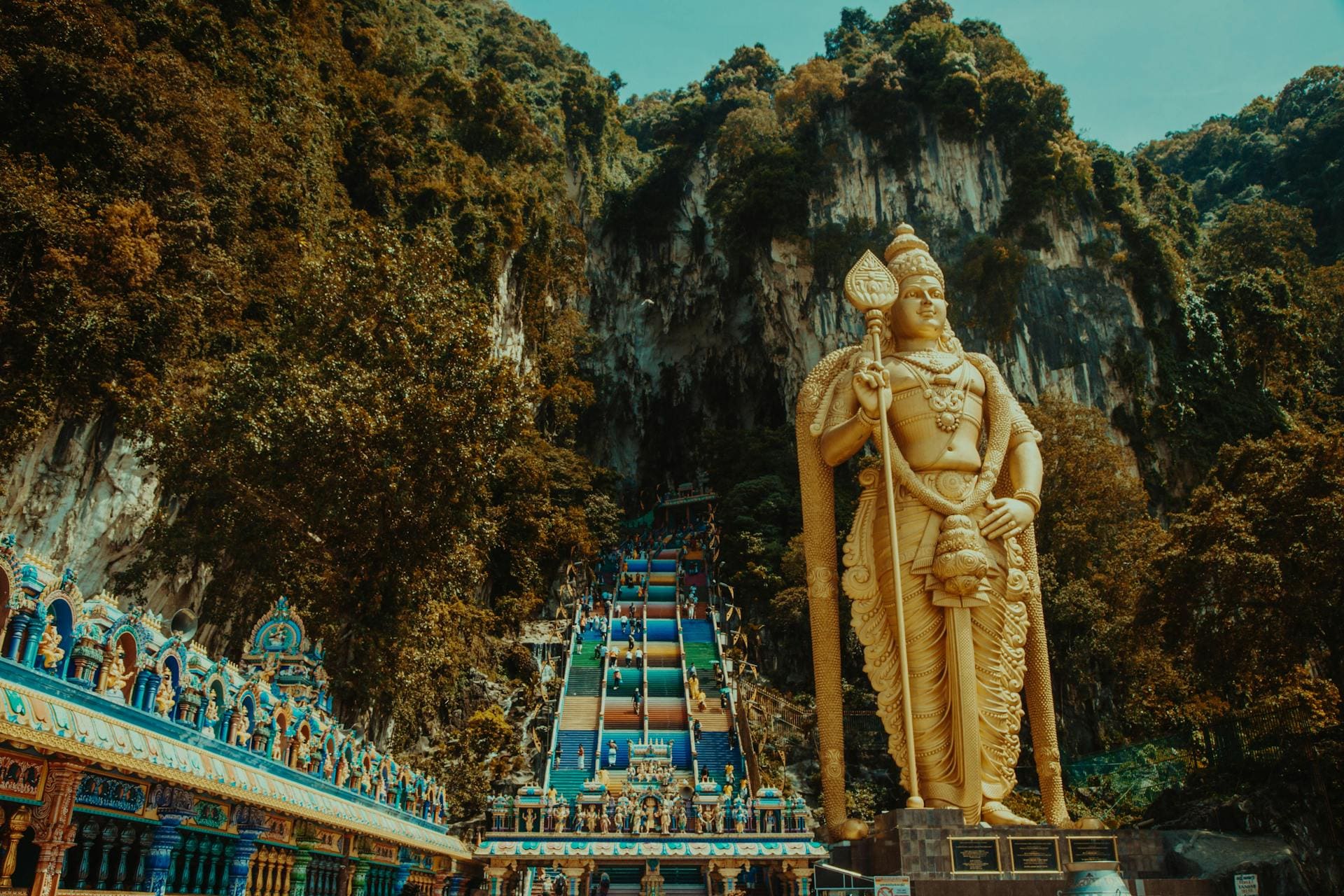While tattoos amid sailors and motorcycle groups may seem the most evident to a person living in the West, many societies, especially the Hindus, have long seen tattoos as necessary assistance in life and even passports into the realm beyond death.
Yes, Hindus can have tattoos. Hinduism is the basis of many iconic tattoo designs, including the revered “Om” symbol. Hindu women used to get their husbands’ names tattooed on their forearms.
Let’s learn about some of the history of Hindu tattoos, their designs as a form of faith, including the temporary henna tattoos, and Hindus modern opinions on tattoos.
A Brief History of Hindu Tattoos
Religious tattoos may be regarded from two angles: the significance and color of the design itself, and the suffering of getting the tattoo, the laborious and painful procedure of injecting color into the body.
The Ramnaami community is one of the most fervently tattooed communities around.
This untouchable cult, which was dispersed over the Indian states of Bihar and Madhya Pradesh, sought safety by repeating the word “Ram” in Sanskrit on nearly every square inch of skin, including the tongue and the inside of the lips.
When Ramnaamis offended the upper-caste brahmins by embracing brahminical practices during the Hindu reformer movement of the 19th century, they started their unusual practice.
The Ramnaamis inked the name of Lord Ram on their bodies as a form of defense from the fury of the brahmins.
The Ramnaami group, which numbers around 1,500 people, continues to perform this grueling ritual as a sign of commitment and protection against persecution.
Hindu Tattoo Designs
Hinduism is now the inspiration for numerous tattoo designs due to its long past and hundreds of Deities.
Hindus and non-Hindus have body art adorning their skin, including tattoos of prominent deities like Siva, Ganesha, and Kali and holy symbols like “Om.”
Women from the Ribari tribe of Kutch, in the region of northwest India recently ravaged by an earthquake, have some of the most intricate tattoo designs.
During the Mahabharata, it was one of the locations to which the Pandavas were banished.
The members of the nomadic Ribari tribe continue to live in much the same way as their predecessors did, and their tattoos represent the group’s fierce spirit and concern for their survival.
Hindus often get tattoos of Hanuman to ease their anguish.
Hindu’s Use of Henna Tattoos
In India, ismehendi is a well-liked temporary tattoo technique that uses fine lines to create lacy, floral, and paisley designs that cover the entire hands, forearms, feet, and shins. Hindu brides frequently paint their palms and feet because they believe the slower the color wears off, the more their husbands will adore them.
There is proof that around the seventh century BCE, the Neolithic inhabitants of Catal Huyuk (in central Turkey) used henna to decorate their hands in honor of their fertility Goddess.
Henna appears to have been utilized widely in this area, and their Goddess worship served as the forerunner to the ancient Middle Eastern religions.
Henna is shown on ladies in Indian art after 1500, as well as on Kali as well as other Hindu Deities.
Mumtaz Mahal, the spouse of Emperor Shah Jahan, for who the Taj Mahal was constructed, is the first recorded Indian queen to have had her face painted with the paste.
Modern Hindu Tattoos
Today, many individuals pick a particular style because they enjoy the way it looks rather than its strength or religious meaning.
Buddhist and Native American cultures have also influenced tattoos. These fashion-related tattoos are not sacred and are frequently insulting to people who recognize that spirituality is more than just adornment.
Also, avoid having a tattoo that is written in a foreign language.
Last year, a guy in England had the name of his wife inscribed in Hindi on his arm by a tattoo artist, and Hindi speakers saw the tattoo and told the man there was a typo.
Final Thoughts
While tattoos in motorcycle and sailor gangs may appear the most obvious to a person living in the West, many civilizations, notably the Hindus, have long viewed tattoos as essential tools for life and even as entrance tickets to the hereafter.
Hinduism is the inspiration for several well-known tattoo designs, including the respected “Om” symbol; Hindus are not the only ones who may have tattoos.
On their forearms, Hindu women used to tattoo their husbands’ names.
